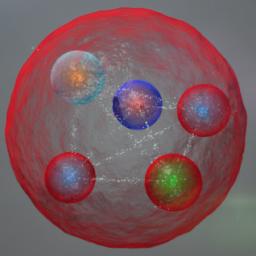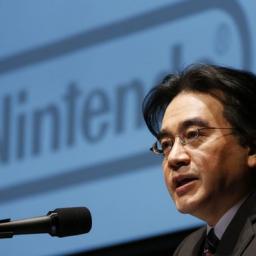Who's Afraid of Systemd?
Now that systemd is uneventfully running the latest releases of major distributions like Debian, Fedora, and Ubuntu, you might imagine that opposition to it is melting away -- but you'd be wrong. Instead, the rumors are as common as ever. Devuan, the anti-systemd fork of Debian, is still trudging towards a release while making the same arguments as ever. Devuan's home page asks: Have you tried to opt-out of the systemd change in Debian and stay with sysvinit? You will quickly notice that "Debian offers no choice." Yet a search quickly unearths instructions for making an install image without systemd and for removing systemd from your system.
Nor does the claim that systemd violates the Unix design principles stand up under scrutiny. Systemd is actually a general name for a series of related, similarly structured commands. From this perspective, systemd conforms to the principle of one program doing a single function in much the same way as the Linux kernel or a command line shell does. It is a suite of programs, not a single monolithic one. Systemd may not be ideal, but systems continue to boot and function the way they are supposed to.
In fact, not only are the most common anti-systemd arguments easily discounted, but they are surrounded by a vagueness that raises suspicions. Wild claims are made without any attempt at substantiation. The result is an air of secrecy and danger that, however appealing and reminiscent of freedom-fighting that it might be, does nothing to justify the anti-systemd rhetoric or make it plausible. Devuan's mailing list mostly shows the same dozen or so posters, and has raised only 7934 Euros. Supporters sound as though they are doing more fear-mongering than constructive effort.
Nor does the claim that systemd violates the Unix design principles stand up under scrutiny. Systemd is actually a general name for a series of related, similarly structured commands. From this perspective, systemd conforms to the principle of one program doing a single function in much the same way as the Linux kernel or a command line shell does. It is a suite of programs, not a single monolithic one. Systemd may not be ideal, but systems continue to boot and function the way they are supposed to.
In fact, not only are the most common anti-systemd arguments easily discounted, but they are surrounded by a vagueness that raises suspicions. Wild claims are made without any attempt at substantiation. The result is an air of secrecy and danger that, however appealing and reminiscent of freedom-fighting that it might be, does nothing to justify the anti-systemd rhetoric or make it plausible. Devuan's mailing list mostly shows the same dozen or so posters, and has raised only 7934 Euros. Supporters sound as though they are doing more fear-mongering than constructive effort.





